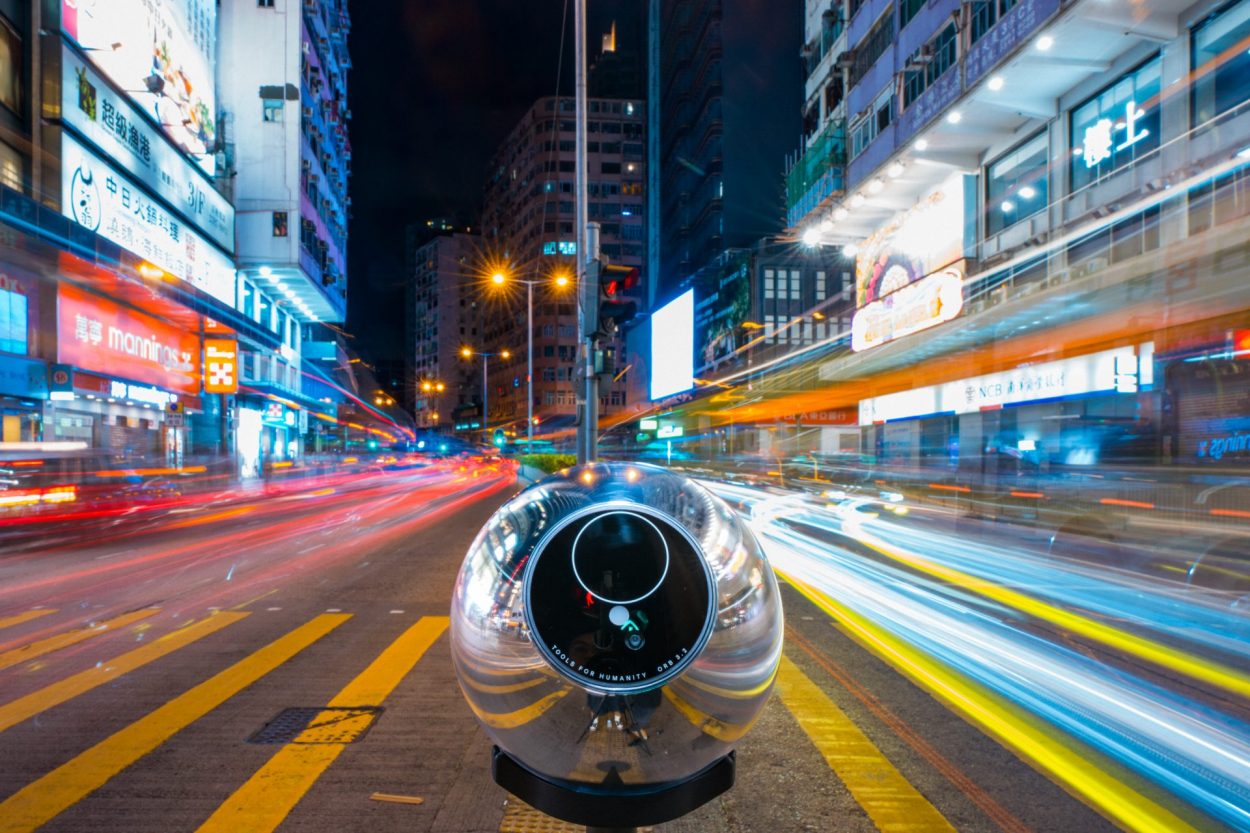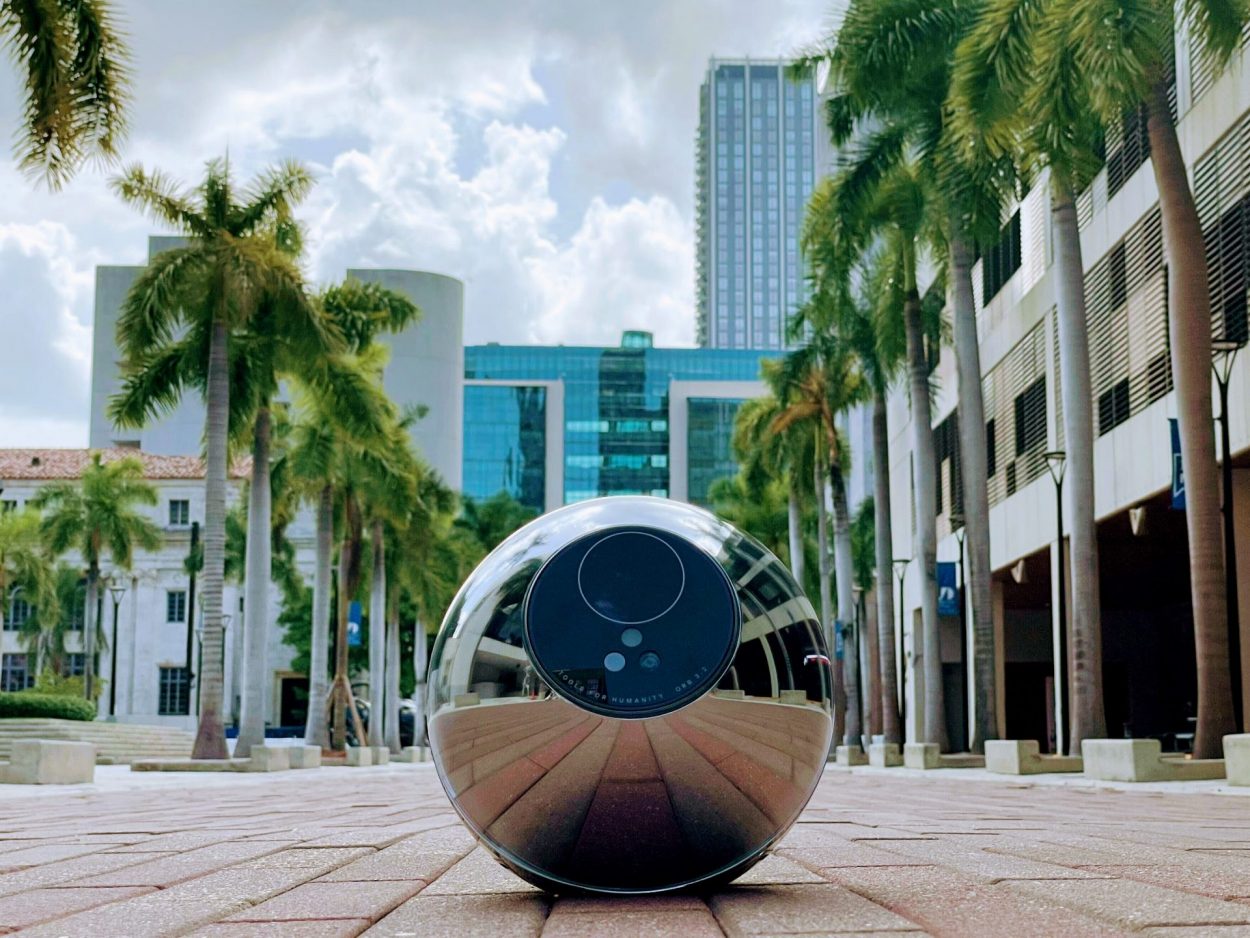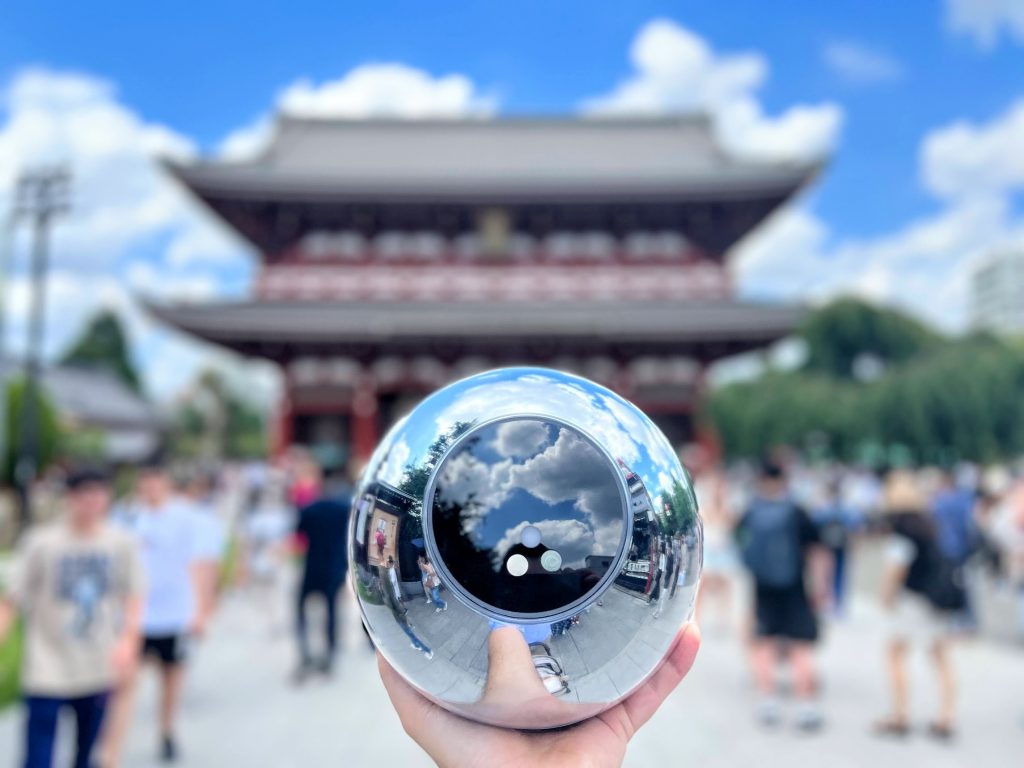They’ve been likened to bowling balls conceived by Steve Jobs and mini Jeff Koons sculptures, but the mirrored spheres that have popped up from New York and Paris to São Paulo actually herald the launch of Worldcoin, an ambitious AI initiative to create digital identities called World IDs for the entire population. The grapefruit-sized gizmos, developed by Tools for Humanity and ex-Apple designer Thomas Meyerhoffer, scan one’s irises, converting their biometric image into a one-of-a-kind string of numbers called an IrisCode. When combined with an algorithm, the code verifies one’s humanity via a smartphone app.
Envisioned three years ago by Alex Blania and Sam Altman, the CEO of ChatGPT parent company OpenAI, the plan intends to create “a new identity and financial network connecting billions of people in the age of AI.” Worldcoin is pitching the identities as a secure way to prove one’s personhood in an era of rampant AI deepfakes. More than two million people have opted to scan their irises—a process that involves gazing into the orb’s surface—in the project’s beta phase, which saw 1,500 of the devices built. Volunteers also receive crypto tokens called Worldcoin, which started trading this week and are valued at $2.



